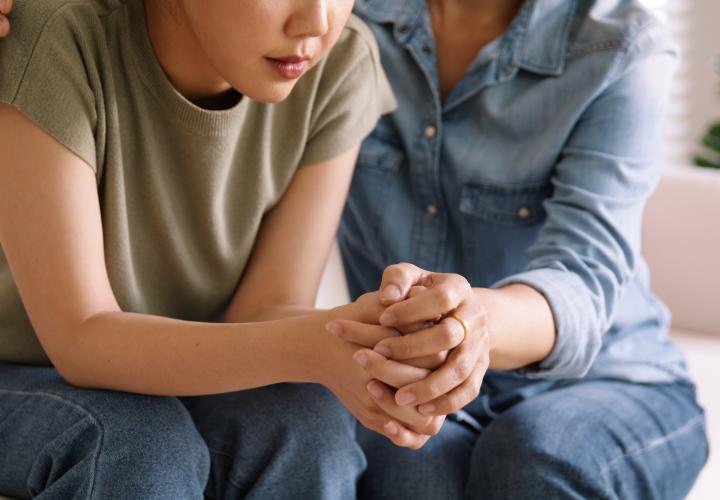Events like the shootings at the Kansas City Parade can leave us feeling vulnerable and helpless. While we all hope for the speedy recovery of the injured and mourn the loss of life, we must recognize that the Kansas City shooting serves to renew fears for folks around the country. On February 14, 2024, there were two other mass shootings in addition to the Kansas City shooting. One took place at a motel in Claxton, Georgia, resulting in the death of two adults; the other was at a High School in Atlanta, Georgia, resulting in no casualties but multiple teens injured.
We do not have to sit back and just hope that gun violence does not happen to us. We must have conversations about not only the shootings themselves but also about actions we all can take to protect children and adults in our communities. There are things we can do to channel our energy in the aftermath of Kansas City and the shootings in Georgia constructively. These efforts need to continue even when the next preventable mass shooting event happens.
How to Take Action
In your own community, pick one action item and pursue it, and find others who want to help you. There are several actions that we recommend:
• Store your guns locked up – Connecticut law, under Ethan’s Law, requires gun owners to secure their firearms in a “secure gun storage or safety device” if a minor is likely to gain access to the firearm without permission, or if a resident of the dwelling cannot legally possess a firearm under existing law.
• Have the firearms safe storage conversation with anyone whom your child is spending time with out of your direct supervision (i.e. play dates), and make sure that any firearms are locked up, and that kids are always supervised. Have this same conversation with anyone leaving children at your own home if you own firearms, this helps to normalize the conversation.
• Advocate for the implementation of a whole school social-emotional skills development as part of your local school curriculum.
• Advocate for funding mental health supports in schools.
• Seek psychological or psychiatric care for yourself and your loved ones as a regular part of health care.
• Support the use of red flag laws like the laws in Connecticut that allow law enforcement to seize firearms from dangerous people.
• Talk to your school about implementing the Say Something Anonymous Reporting System (Grades 6-12) developed by Sandy Hook Promise that helps to alert authorities when a student has a safety concern because they heard or saw something.
• Get training in Stop-the-Bleed, so if the worst happens you can help save lives.
• Advocate for sensible firearm safety laws. While Connecticut has some of the strongest laws in the country, more can be done. Reach out to advocacy organizations like Connecticut Against Gun Violence, or Moms Demand Action.
If you are wondering how to talk to your kids about gun violence in the news, check out this advice by Dr. Rob Keder, a pediatrician with Connecticut Children’s. He advises parents not to be afraid to take a deep breath and process what’s going on yourself before talking with your child.
